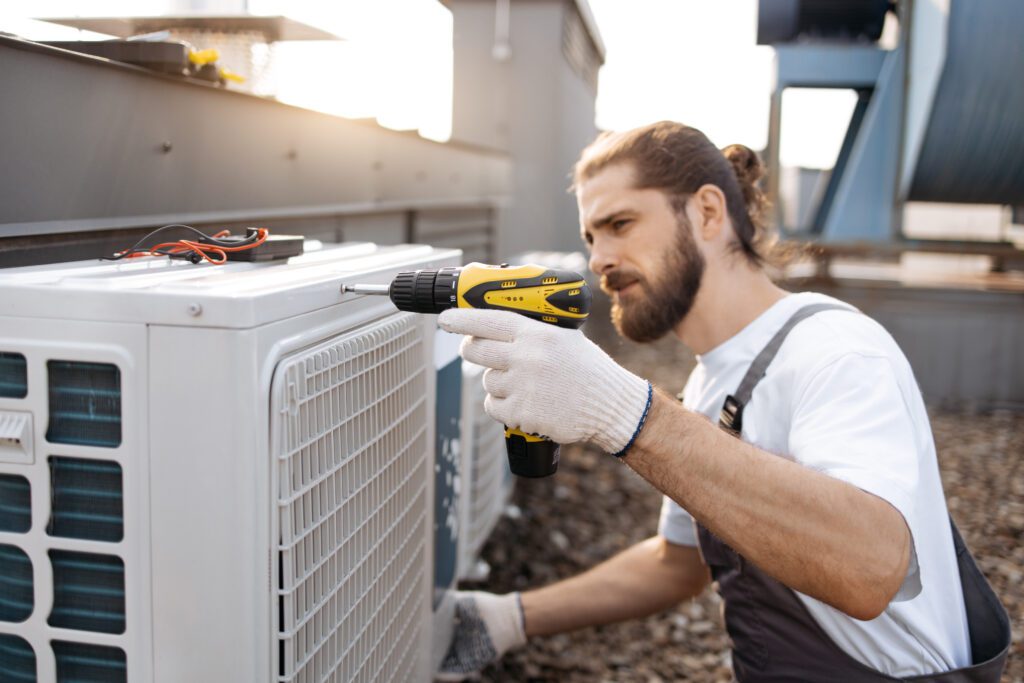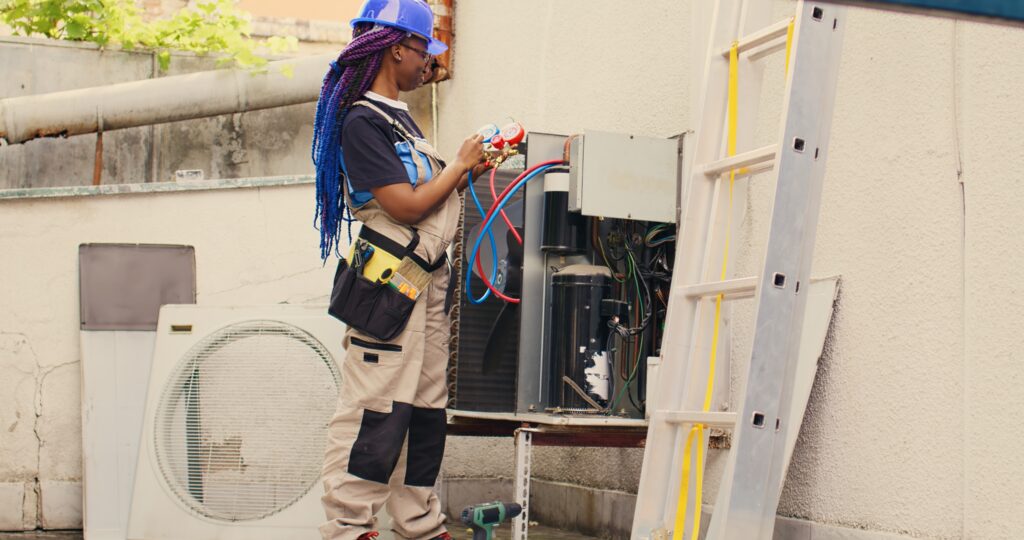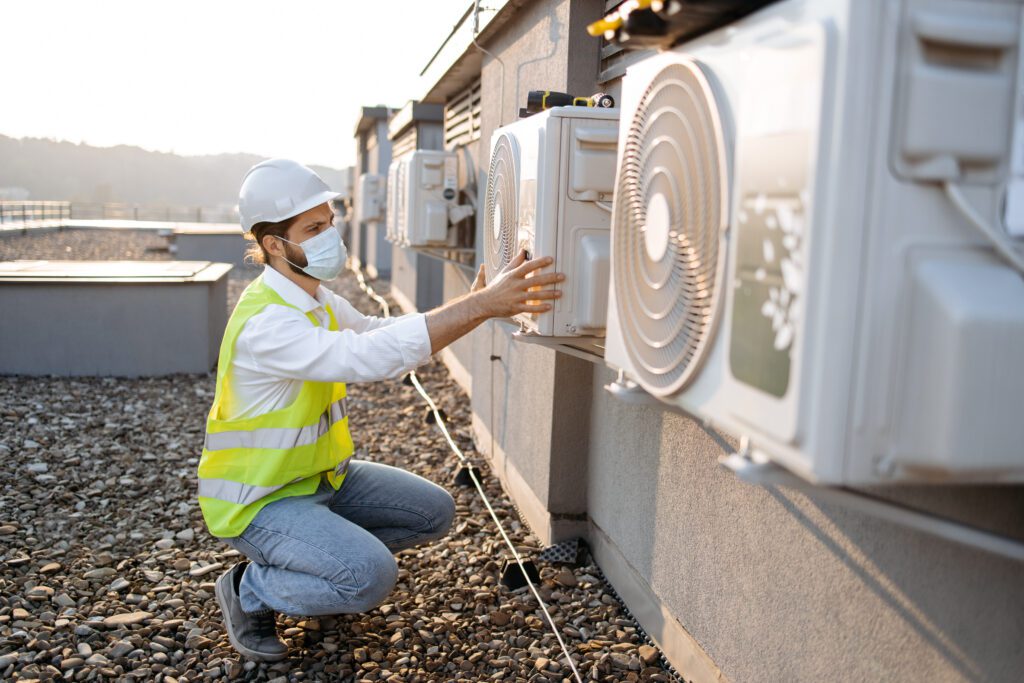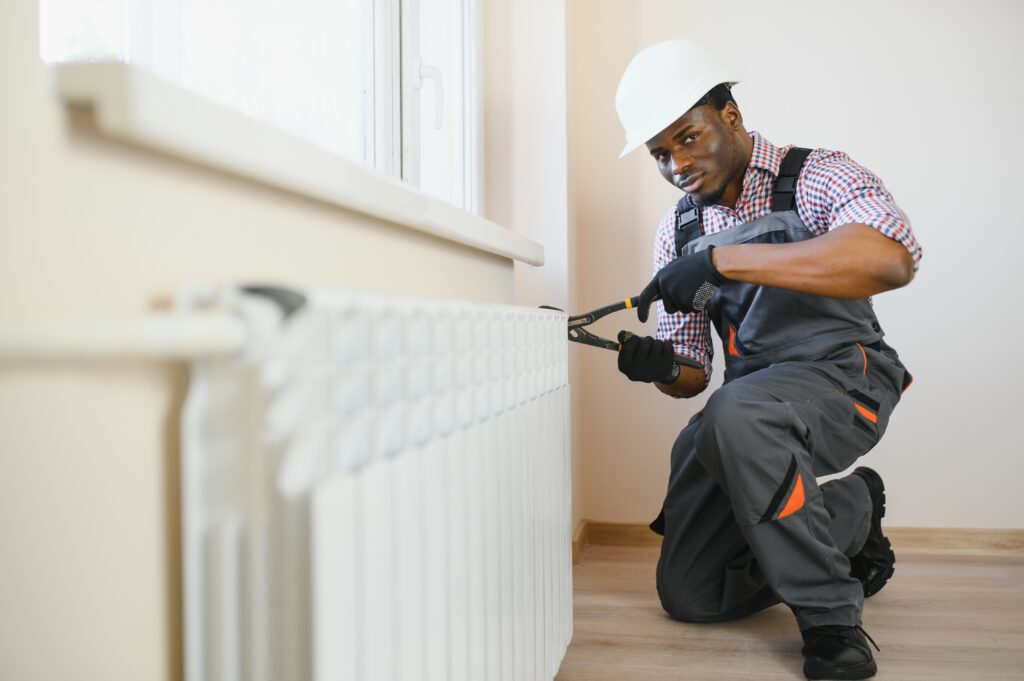When it comes to maintaining the comfort of your home, your HVAC system plays a crucial role. It is essential to engage with a knowledgeable HVAC contractor who can address your specific needs. In this article, we will explore important questions to ask your HVAC contractor, ensuring that you make informed decisions that positively impact your home.
Understanding the Importance of HVAC Maintenance
HVAC maintenance is not merely an option; it is a necessity for homeowners who want to preserve the lifespan and efficiency of their heating and cooling systems. Regular maintenance helps to keep systems running smoothly, reducing the chances of unexpected breakdowns during critical temperature extremes. This proactive approach can save homeowners considerable amounts of money in repair costs and extend the life of their equipment, making it a wise investment.
Home comfort is directly influenced by how well your HVAC system operates. A well-maintained system not only provides optimal temperature control but also improves indoor air quality, contributing to a healthier living environment. In fact, routine maintenance can help identify and rectify potential issues before they escalate, ensuring that your home remains a sanctuary from the outside elements.
The Role of HVAC Systems in Home Comfort
HVAC systems are designed to regulate temperature, humidity, and air quality within a home. This sophisticated interplay ensures that your living spaces remain comfortable regardless of external weather conditions. Homeowners often overlook how significant a role proper ventilation plays in maintaining air quality and temperature consistency. Poor ventilation can lead to stale air, which may cause discomfort and health issues, particularly for those with allergies or respiratory conditions.
Additionally, modern HVAC systems integrate advanced technology, allowing for customized settings that cater to individual preferences. These systems can be equipped with smart thermostats that help monitor usage, enhancing both comfort and energy efficiency. Some models even allow for zoning, where different areas of the home can be heated or cooled independently, providing tailored comfort for every occupant. This level of control not only enhances comfort but can also lead to significant energy savings over time.
The Consequences of Neglecting HVAC Maintenance
Neglecting regular HVAC maintenance can lead to a myriad of problems, ranging from decreased efficiency to complete system failures. Homeowners may face increased energy bills due to systems working harder to achieve desired temperatures when not regularly serviced. This inefficiency can also contribute to a larger carbon footprint, which is a growing concern for environmentally conscious homeowners.
Furthermore, ignored maintenance often leads to more severe issues, such as mold growth due to insufficient ventilation or the buildup of dust and allergens, adversely affecting indoor air quality. The cumulative effects of neglect can significantly impact the health and comfort of the occupants. Regular inspections can help detect issues like refrigerant leaks or electrical problems that, if left unaddressed, could pose safety hazards. By prioritizing HVAC maintenance, homeowners not only safeguard their investment but also promote a healthier living environment for their families.
Preparing for Your HVAC Contractor Meeting

Before meeting with an HVAC contractor, it is crucial to prepare so that you can obtain the most relevant information regarding your system and its maintenance needs. Preparation can empower you to articulate your concerns more effectively, paving the way for a productive dialogue.
Use this opportunity to gather any relevant documents or records about your existing HVAC system to aid in the discussion. This preparation can significantly enhance the contractor’s ability to tailor recommendations to your specific needs.
Gathering Essential Information About Your HVAC System
Start by collecting key details regarding your current HVAC system. This includes the make and model of your units, installation dates, service history, and any previous repair details. Understanding these aspects will help your contractor assess your system’s age, efficiency, and any potential risks.
Also, be ready to discuss any recent symptoms, such as unusual noises, fluctuating temperatures, or inconsistent airflow. This kind of information can provide a great starting point for your contractor to diagnose any issues effectively. Additionally, if you have made any recent changes to your home, such as renovations or increased occupancy, be sure to mention these, as they can impact your HVAC system’s performance and requirements.
Identifying Your HVAC Concerns and Needs
Take the time to reflect on any specific concerns you have regarding your HVAC system. These might include problems like uneven heating, high energy costs, or issues with humidity control. Jotting down your concerns beforehand will ensure you do not forget to discuss important points during the meeting.
Additionally, consider any needs or preferences you have regarding system adjustments or upgrades. Perhaps you want a more energy-efficient solution or a smart thermostat installed. Sharing your expectations can assist the contractor in developing a plan that aligns with your goals. It may also be beneficial to research different HVAC technologies or solutions that interest you, as this knowledge can lead to a more informed discussion about what options are available and suitable for your specific situation.
Furthermore, think about your long-term plans for your home. If you anticipate staying in your current residence for several years, investing in a high-efficiency system could yield significant savings over time. Conversely, if you plan to move soon, you might prioritize cost-effective repairs that enhance your system’s performance without a hefty upfront investment. Communicating these considerations can help your contractor provide tailored advice that meets both your immediate and future needs.
Key Questions to Ask Your HVAC Contractor

Equipped with the information you’ve gathered, it’s time to dive into asking your contractor the vital questions. These inquiries can help you gauge their qualifications and their capacity to meet your HVAC needs.
Different contractors may offer varied viewpoints and solutions, so it’s critical to gather diverse insights before making a decision. This process not only helps you find the right contractor but also empowers you as a homeowner to make informed choices about your HVAC system, ensuring optimal comfort and efficiency in your living space.
Questions About HVAC Contractor’s Experience and Credentials
When choosing an HVAC contractor, it is essential to inquire about their experience and credentials. You might ask:
- How long have you been working in the HVAC field?
- Are you licensed and insured in the state of West Virginia?
- Can you provide references from previous clients?
Understanding their qualifications can assure you that you’re working with a reputable contractor who has the expertise to handle your needs effectively. Additionally, it can be beneficial to ask about any specialized training or certifications they may have, such as those related to energy efficiency or specific HVAC brands. This knowledge can give you further confidence in their ability to provide tailored solutions that align with the latest industry standards.
Questions About Your Specific HVAC Issues
Next, focus on your specific problems. Some pertinent questions might include:
- What do you believe is causing my HVAC issues?
- What are your recommendations for addressing these problems?
- What potential solutions do you envision, and why?
These questions can help crystallize the consultant’s understanding of your issues and offer insights into how they prioritize and handle HVAC complications. Furthermore, it’s wise to inquire about the potential impact of these issues on your energy bills and indoor air quality. A knowledgeable contractor should be able to explain how resolving these problems can lead to improved efficiency and a healthier home environment.
Questions About HVAC Maintenance and Service Plans
Inquire about the contractor’s maintenance plans and philosophies. You might ask:
- What maintenance services do you offer?
- How often do you recommend maintenance visits?
- Are service plans available, and what do they cover?
Effective maintenance is vital for the longevity of your HVAC system, and understanding the contractor’s approach can help you safeguard your investment. It can also be beneficial to ask about the signs that indicate your system may need immediate attention, as well as the best practices for homeowners to maintain their HVAC systems between professional visits. This proactive approach can save you time and money in the long run, ensuring that your system runs smoothly and efficiently throughout its lifespan.
Interpreting the Answers from Your HVAC Contractor

Once you receive responses from your contractor, it’s crucial to interpret them thoughtfully. Not only should you gauge the technical knowledge provided, but also the overall communication and approach to your HVAC needs.
Assessing the Contractor’s Knowledge and Expertise
Pay attention to how confidently and clearly the contractor answers your questions. An experienced contractor should provide detailed explanations and demonstrate thorough knowledge of the HVAC systems. If the contractor simplifies complex issues without adequate explanation, it may be indicative of insufficient expertise.
Furthermore, assess whether they provide comprehensive insights or merely offer surface-level solutions. A knowledgeable contractor will be prepared to discuss various options, including pros and cons, backing their suggestions with solid reasoning. This depth of understanding not only reflects their expertise but also indicates their commitment to ensuring you make informed decisions about your HVAC system. Additionally, inquire about their experience with similar projects; a contractor who has successfully handled installations or repairs in homes like yours can often provide tailored advice that addresses your specific needs.
Understanding the Proposed HVAC Solutions
After receiving proposed solutions, take the time to evaluate their relevance and effectiveness concerning your unique situation. Consider asking follow-up questions such as:
- Why do you recommend this particular solution?
- What are the expected long-term benefits?
- Are there alternative solutions to consider?
This discourse can help you understand not only the process behind the contractor’s recommendations but also how well they align with your budget and comfort requirements. Moreover, it’s essential to discuss the timeline and any potential disruptions during the installation or repair process. Understanding how long the work will take and what to expect can ease concerns and help you plan accordingly. A proactive contractor will also discuss maintenance options, ensuring that your HVAC system remains efficient and effective long after the installation is complete. This ongoing relationship can be invaluable, as regular check-ups and timely repairs can save you money in the long run and extend the life of your system.
Making the Final Decision: Choosing Your HVAC Contractor

After thorough discussions and evaluations, you’re in a better position to make a choice about your HVAC contractor. However, the decision should go beyond just the details of the proposal or the lowest price.
Evaluating the Contractor’s Proposal
When reviewing the contractor’s proposal, consider all relevant factors, including cost, service details, timelines, and warranties. Compare these with other bids and weigh the contractor’s communication skills, professionalism, and customer service.
Ensure that the proposal aligns with not only your immediate needs but also your long-term comfort and maintenance goals. A slightly higher initial investment can often lead to better long-term outcomes in efficiency and reliability. Additionally, inquire about the specific brands and models of equipment they plan to install, as this can significantly impact your home’s energy consumption and overall comfort. Understanding the energy efficiency ratings and potential rebates available for certain systems can also provide financial benefits in the long run.
Trusting Your Gut: The Importance of Comfort and Confidence in Your Contractor
Finally, trust your instincts. The relationship between you and your HVAC contractor will require ongoing communication and trust. Determine how comfortable you feel discussing your concerns with the contractor, and their willingness to accommodate your preferences and issues.
Your comfort and confidence in their abilities will play a significant role in the overall success of your HVAC project. After all, a reliable HVAC contractor should not only be proficient but also someone you can communicate with openly and effectively. Pay attention to how they respond to your questions—do they take the time to explain technical details in a way that you can understand? This level of engagement can be a good indicator of their commitment to customer satisfaction and their expertise in the field.
Moreover, consider the contractor’s reputation within the community. Reviews and testimonials from previous customers can provide valuable insights into their work ethic and reliability. A contractor who has built a strong reputation for quality service is likely to prioritize your project and ensure that it meets your expectations. Engaging with local forums or social media groups can also offer additional perspectives and recommendations that may help solidify your decision.



